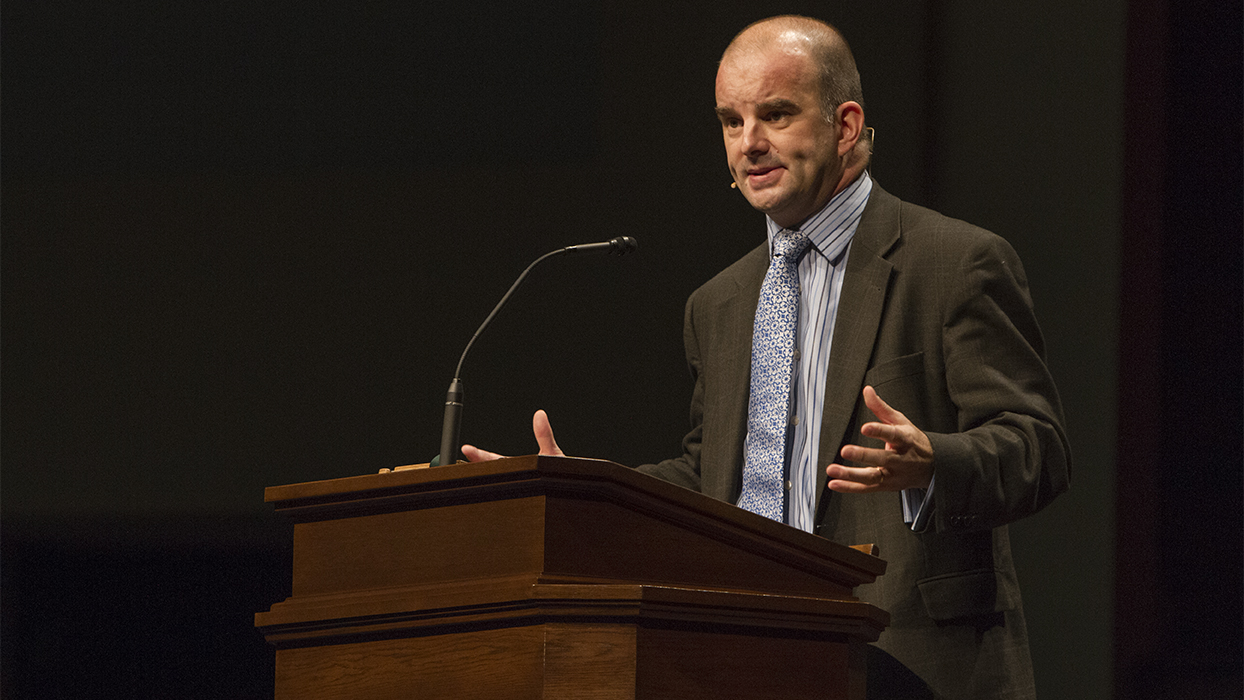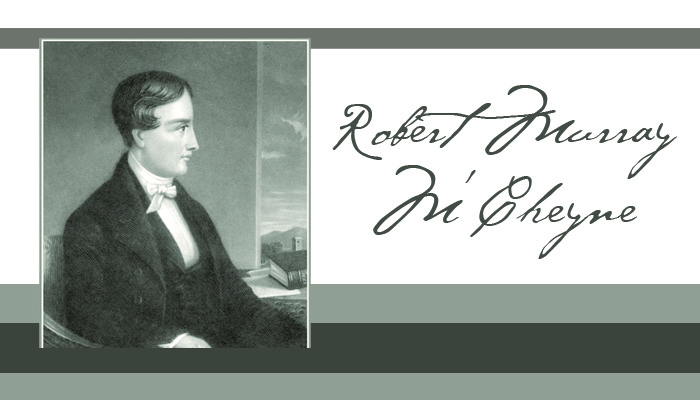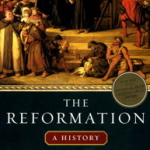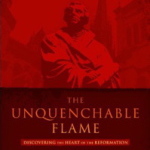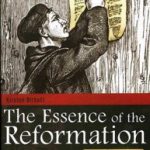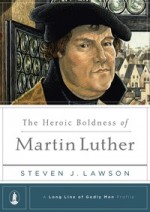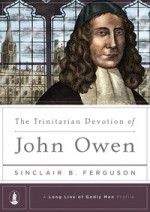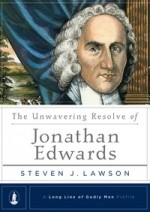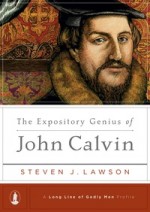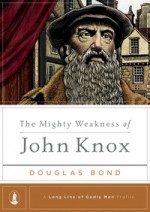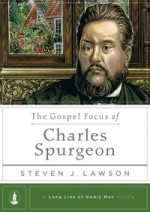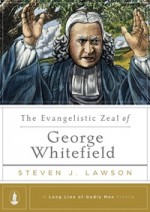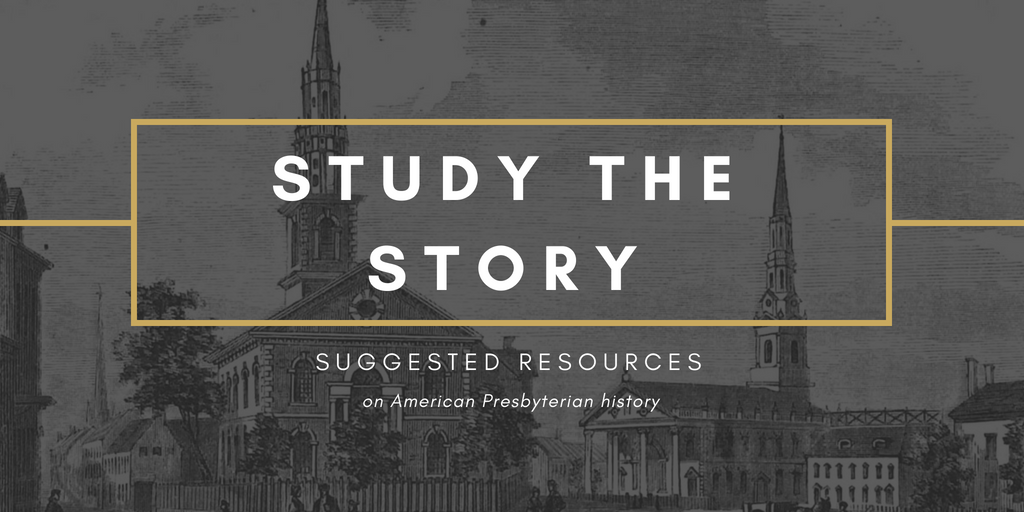
Cicero once quipped, “To know nothing of what happened before you were born is to forever remain a child.” Or, as George Santayana (likely) said, “Those who cannot remember the past are condemned to repeat it.”
There are many reasons why we should study history. Surely, at the most basic level, we can all agree that Christians should be historically-interested people because we are to know, love, and grow in the God who has revealed Himself in history.
Learning about Your Family
Lord willing, my denomination will gather for its annual General Assembly two weeks from today. Overtures will be debated, motions will be made, votes will be cast, and worship will be offered. If you listen carefully, ne’er a year goes by without someone noticing how certain contemporary issues sound so similar to matters discussed or decided in years past. Indeed, one can hardly be a faithful commissioner without recognizing that we stand in the shadows of old giants, all of whom had feet of clay. Such recognition means we don’t conduct ourselves in isolation, but in connection to what has gone before us.
Our story is a family history. Our forebears died for truth we take for granted. They made right decisions and pursued wrong agendas. We want to know about both so that we might walk in wisdom.
6 Volumes Worth Reading
Every ordained minister in the PCA must pass an examination on the denomination’s history. We are thus supposedly somewhat sharp on the story. Yet, life and ministry are always consuming. Facts, dates, and conclusions memorized for a test often evacuate the mind.
In order, then, that we might hold fast and have discernment, here are several volumes on American Presbyterianism from which every pastor, officer, or church member can profit. I have ordered them by ease of reading.
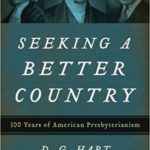 Seeking a Better Country: 300 Years of American Presbyterianism by D. G. Hart and John Muether. Published on the 300th anniversary of the establishment of the first presbytery in American, Hart and Muether provide no uncritical celebration of our history. They offer Presbyterians “a history that will yield discernment and wisdom about the strengths and weaknesses of their tradition, as well as the degree to which the circumstances of being American have affected their identity as Presbyterians.” The book is clear and covers all the vital ground. If you know the authors’ other work, you won’t be surprised by many of their critiques. Nevertheless, Seeking a Better Country is the best entry-point available today.
Seeking a Better Country: 300 Years of American Presbyterianism by D. G. Hart and John Muether. Published on the 300th anniversary of the establishment of the first presbytery in American, Hart and Muether provide no uncritical celebration of our history. They offer Presbyterians “a history that will yield discernment and wisdom about the strengths and weaknesses of their tradition, as well as the degree to which the circumstances of being American have affected their identity as Presbyterians.” The book is clear and covers all the vital ground. If you know the authors’ other work, you won’t be surprised by many of their critiques. Nevertheless, Seeking a Better Country is the best entry-point available today.
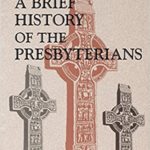 A Brief History of the Presbyterians by James Smylie. The title communicates everything you need to know of Smylie’s intent. And, gratefully, he succeeds. His work quickly covers all the essentials of the American story from a mainline point of view. He gives appropriate attention to some of the oft-forgotten elements of our story.
A Brief History of the Presbyterians by James Smylie. The title communicates everything you need to know of Smylie’s intent. And, gratefully, he succeeds. His work quickly covers all the essentials of the American story from a mainline point of view. He gives appropriate attention to some of the oft-forgotten elements of our story.
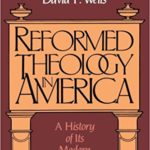 Reformed Theology in America: A History of Its Modern Development edited by David Wells. I think one of the easiest, and most enjoyable, ways to learn history is through biography. This underrated volume introduces readers to the principal players in 19th-century American Presbyterianism (which was its zenith point of power): Hodge, Warfield, Machen, Dabney, Thornwell, and it also branches out into the Dutch tradition with Berkhof and Van Til.
Reformed Theology in America: A History of Its Modern Development edited by David Wells. I think one of the easiest, and most enjoyable, ways to learn history is through biography. This underrated volume introduces readers to the principal players in 19th-century American Presbyterianism (which was its zenith point of power): Hodge, Warfield, Machen, Dabney, Thornwell, and it also branches out into the Dutch tradition with Berkhof and Van Til.
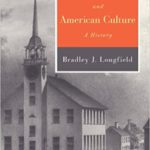 Presbyterians and American Culture by Bradley Longfield. Longfield’s first book, The Presbyterian Controversy, should be required reading for any Presbyterian pastor, but I’ve left it off as it only focuses on part of the American story. His more recent work is my favorite book on this list. Longfield ably demonstrates how close the relationship between American Presbyterianism and American culture was from the founding of both institutions. This book offers the double benefit of learning both about the church and the country.
Presbyterians and American Culture by Bradley Longfield. Longfield’s first book, The Presbyterian Controversy, should be required reading for any Presbyterian pastor, but I’ve left it off as it only focuses on part of the American story. His more recent work is my favorite book on this list. Longfield ably demonstrates how close the relationship between American Presbyterianism and American culture was from the founding of both institutions. This book offers the double benefit of learning both about the church and the country.
If you’re looking for more specific denominational histories, especially from a conservative confessionalist view, consider:
- For the PCA, see For a Continuing Church: The Roots of the Presbyterian Church in America by Sean Michael Lucas.
- For the OPC, see Fighting the Good Fight: A Brief History of the Orthodox Presbyterian Church by D. G. Hart and John Muether.
Extra Credit
Here are two other works that well worth your time:
- Princeton Seminary by David Calhoun. It’s impossible to understand American Presbyterianism apart from Princeton Seminary. Calhoun’s work on the subject is simply magisterial.
- Presbyterian and Reformed Churches: A Global History by James McGoldrick. It does a heart and mind good to remember that our God is Lord of the nations. The full Presbyterian story is thus about much more than America. McGoldrick’s work is readable and instructive.

